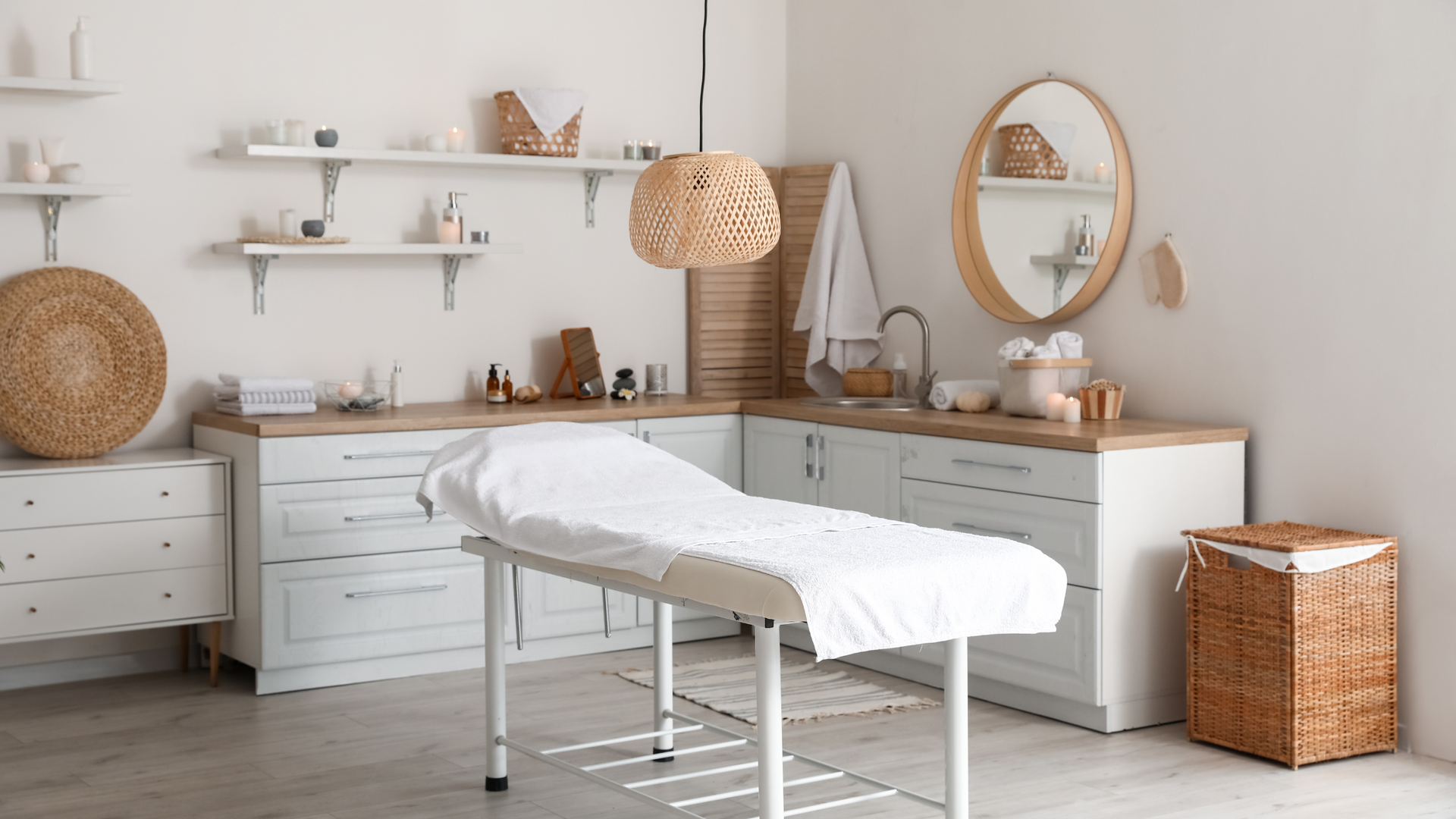Why Budgeting is Crucial for Care Homes
Why Budgeting is Crucial for Care Homes
Running a care home is one of the most rewarding yet challenging businesses you can be in. You're not just managing a business – you're providing an environment for vulnerable people and their families. But here's the reality: even the most compassionate care home can't help anyone if it's not financially sustainable. That's where proper budgeting becomes absolutely crucial.
The Unique Financial Challenges of Care Homes
Care homes face financial pressures that most other businesses simply don't understand. Your costs are largely fixed – you need the same number of staff whether you have 20 residents or 30. Your income, however, can fluctuate dramatically based on occupancy rates, local authority funding decisions, and the complex mix of private and government-funded residents you serve.
Add to this the fact that you're dealing with highly regulated services, where cutting corners isn't just bad business – it's potentially dangerous and illegal. You can't simply reduce staff numbers when times are tough, or delay essential maintenance to save money. This makes budgeting not just important, but absolutely vital for survival.
Planning for the Unpredictable
One of the biggest mistakes care home operators make is treating budgeting as a once-a-year exercise. In reality, care home finances need constant monitoring and adjustment. Local authority fee rates can change, occupancy can fluctuate unexpectedly, and regulatory requirements can shift, all of which impact your bottom line.
Effective budgeting means building in contingencies for these uncertainties. Smart care home owners budget for occupancy rates slightly below their target, factor in potential fee freezes or cuts, and always maintain reserves for unexpected expenses. It's not pessimistic – it's realistic planning that keeps your doors open when others might struggle.
Understanding Your True Costs
Many care home operators underestimate their real costs, particularly when it comes to staffing. It's not just about wages – you need to factor in National Insurance, pension contributions, training costs, agency cover for sickness and holidays, and the hidden costs of staff turnover and recruitment.
Then there are the costs that creep up on you. Utilities, insurance, food costs, and maintenance all tend to increase year on year, often above general inflation rates. A good budget doesn't just look at last year's figures – it anticipates these increases and plans accordingly.
Don't forget about capital expenditure either. That boiler won't last forever, the carpets will need replacing, and technology requirements are constantly evolving. These aren't surprises – they're predictable expenses that should be budgeted for well in advance.
Cash Flow Challenges
Care homes have a particular cash flow challenge that many other businesses don't face. Local authority payments can be slow, and you might be waiting weeks or even months for fees to come through. Meanwhile, your staff need paying weekly, suppliers want payment on delivery, and utilities can't wait.
This is where cash flow forecasting becomes essential. You need to know not just whether you'll be profitable over the year, but whether you'll have enough cash in the bank to meet your obligations each week. Many care homes have failed simply because they couldn't manage their cash flow effectively.
Consider setting up payment plans with families for private residents, chase local authority payments proactively, and maintain good relationships with suppliers who might offer extended payment terms during tight periods. Your budget should include a realistic assessment of when money will actually hit your bank account, not just when it's due.
Regulatory Compliance Costs
The care sector is heavily regulated, and rightly so. But compliance comes with costs that need to be factored into your budget. Regular inspections, staff training requirements, health and safety upgrades, and documentation systems all require investment.
Successful care home providers don't see compliance as an unwelcome cost – they budget for it as an essential part of providing quality care. This means allocating funds for staff training, equipment upgrades, and system improvements before they become urgent requirements.
Staffing – Your Biggest Challenge and Opportunity
Staffing typically represents 60-70% of a care home's costs, making it by far your biggest budget item. But it's also where many operators make critical mistakes. Understaffing might save money in the short term, but it leads to higher turnover, poor care standards, regulatory issues, and ultimately higher costs.
Good budgeting means investing in your staff. This includes competitive wages, proper training, career development opportunities, and creating a positive working environment. Yes, it costs more upfront, but it reduces staff turnover, improves care standards, and actually saves money in the long run.
Factor in the real cost of staff turnover too. Recruitment, training, and the productivity loss while new staff get up to speed can cost thousands per position. Investing in retention is almost always more cost-effective than constantly recruiting new staff.
Technology and Efficiency
Electronic care planning systems, medication management software, and efficient rostering systems might require upfront investment, but they can deliver significant ongoing savings and improvements in care quality.
When budgeting for technology, don't just look at the purchase price. Consider training costs, ongoing support, and the time needed for implementation. But also factor in the potential savings from improved efficiency, reduced errors, and better compliance.
Planning for Growth and Change
A good budget isn't just about maintaining your current position – it should support your long-term vision for the home. Whether you're planning to expand, upgrade facilities, or develop new services, these ambitions need to be reflected in your financial planning.
This might mean building up reserves over several years for a major refurbishment, or gradually increasing staffing levels to support service improvements. Without proper budgeting, these opportunities will pass you by, or worse, you'll attempt them without adequate financial backing.
The Human Element
Never forget that behind every budget line is a human story. The residents who depend on your care, the families who trust you with their loved ones, and the staff who dedicate their careers to caring for others. Good budgeting isn't about cutting costs – it's about using resources wisely to provide the best possible care.
This means sometimes spending more in areas that directly impact care quality, even if it means tighter margins elsewhere. It means investing in staff wellbeing because happy staff provide better care. It means maintaining facilities to a high standard because residents deserve dignity and comfort.
Getting Help When You Need It
Budgeting for care homes is complex, and there's no shame in seeking help. At Bluebells Bookkeeping, we understand the complexities that come with navigating your business finances within the care sector. We can help you navigate funding streams, optimise your cost structure, and ensure you're meeting all your financial obligations.
We can also help you understand the financial implications of regulatory changes, assist with cash flow management, and provide insights when it comes to cash flow forecasting.
Budgeting isn't the most exciting part of running a care home, but it's absolutely essential. Without proper financial planning, even the most well-intentioned care home can find itself in trouble, unable to provide the quality of care that residents deserve.
Good budgeting gives you the freedom to focus on what really matters – providing excellent care. It ensures you can invest in your staff, maintain your facilities, and adapt to changing needs and regulations. Most importantly, it means you'll still be there tomorrow to care for the people who need you most.
Remember, budgeting isn't about restricting what you can do – it's about making sure you can keep doing what you do best for years to come.









